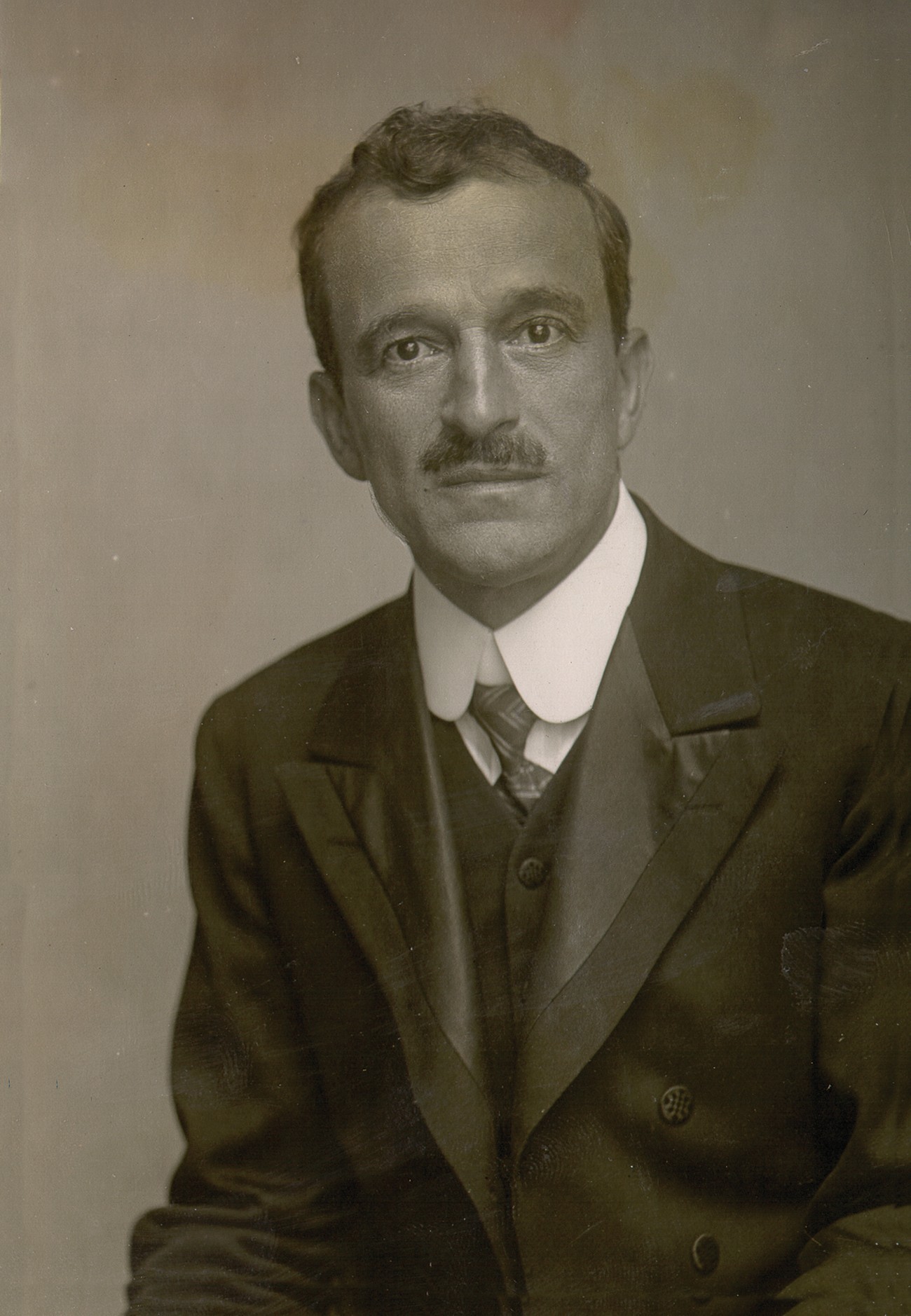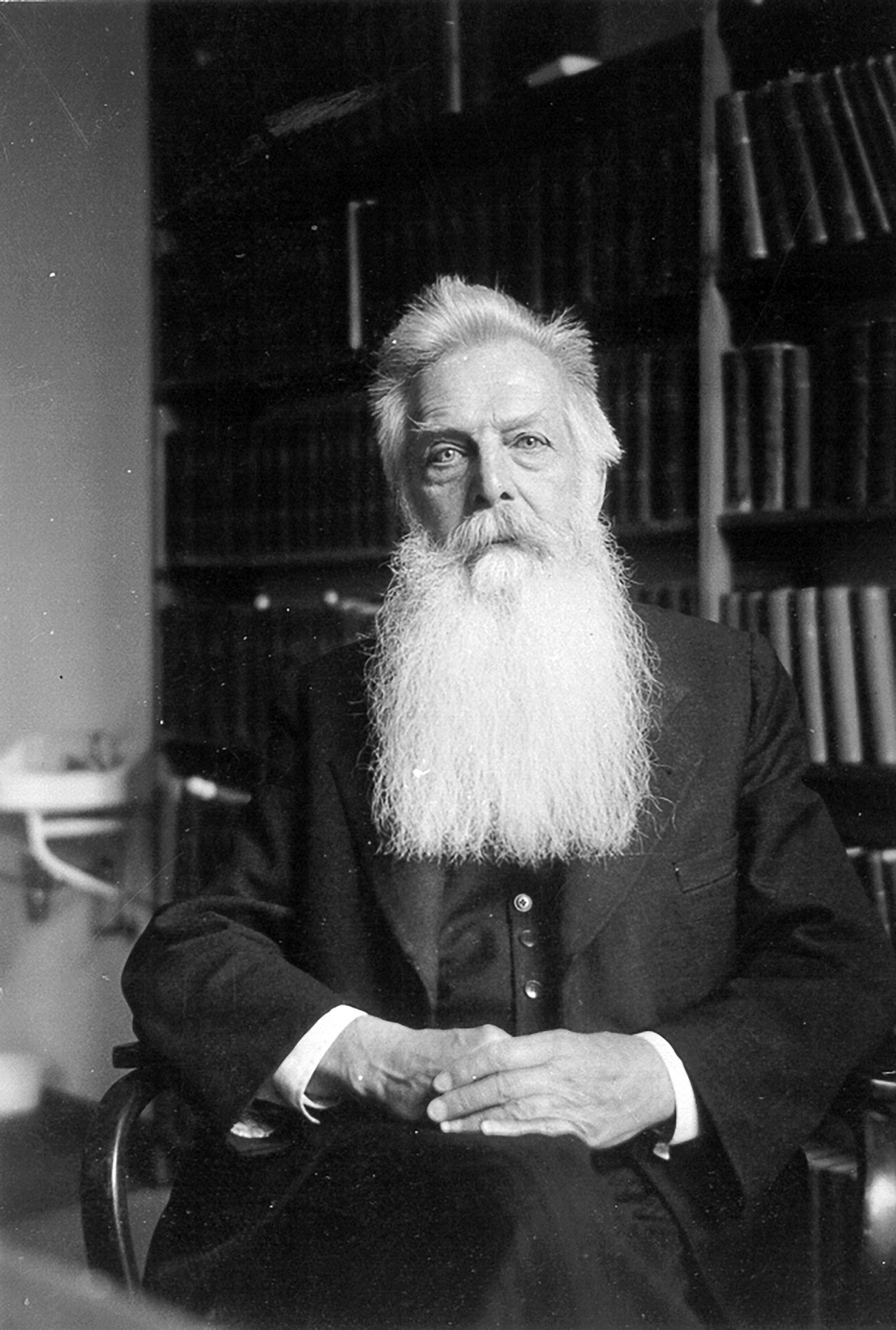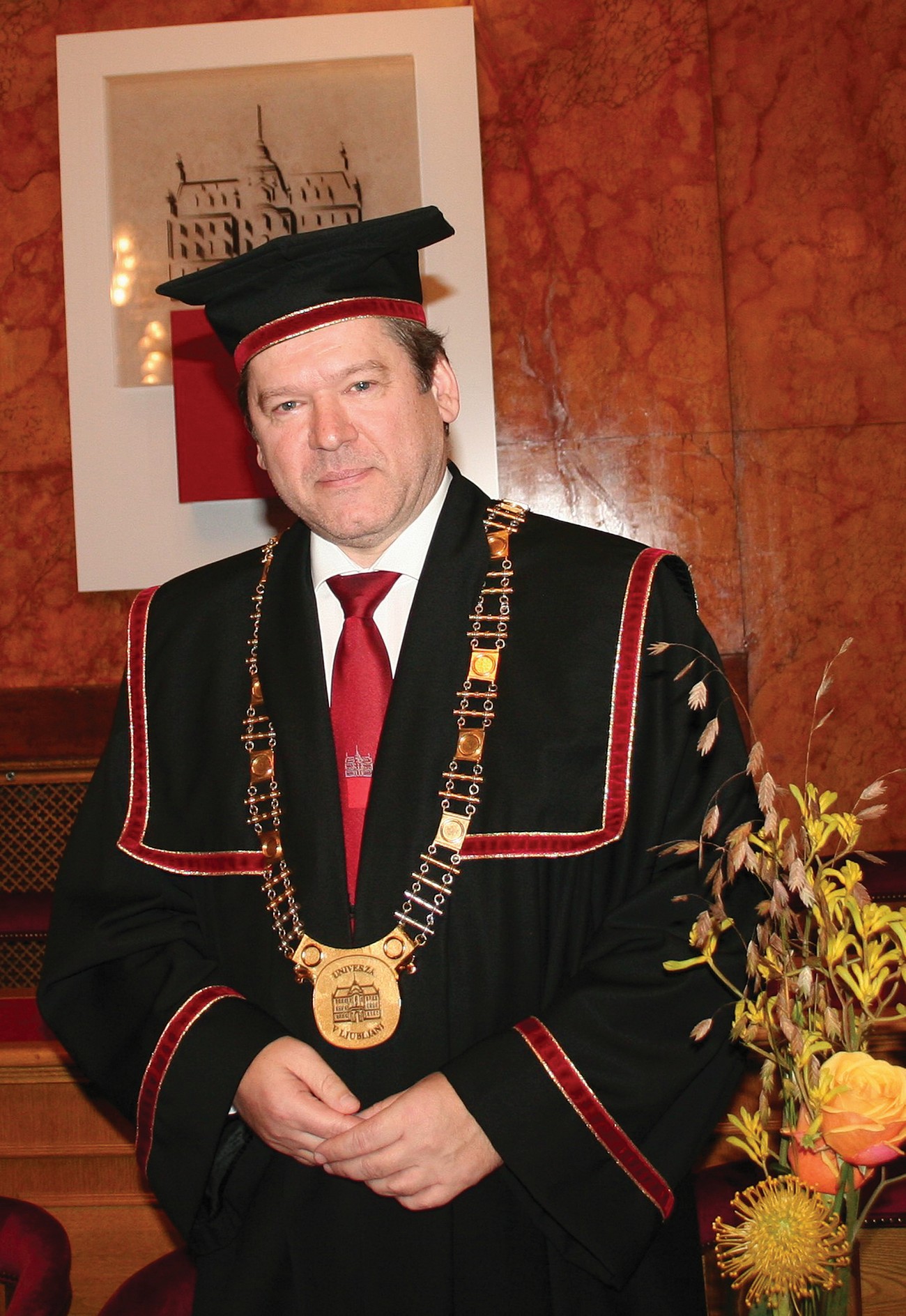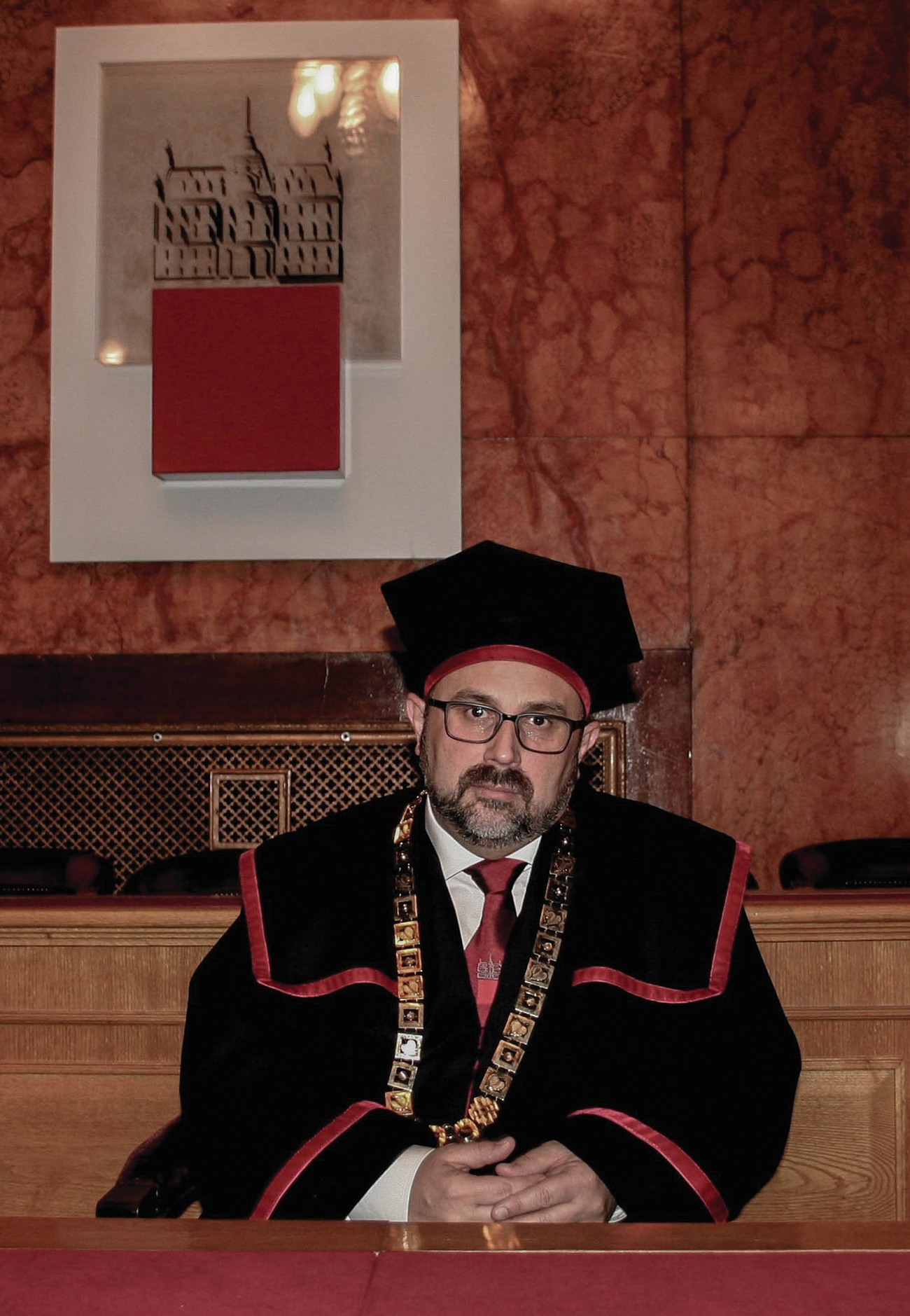
JOSIP PLEMELJ, First Rector of the University of Ljubljana (1919/1920):
In 1898, he received his doctorate in mathematics in Vienna. As a full professor of mathematics, he first taught at the University of Cernovice (Ukraine), and at the Faculty of Arts (later the Faculty of Natural Sciences) in Ljubljana between 1918 and 1957. His research was devoted to differential and integral equations, and function theory. The results of his research, including the Plemelj formula, ranked him among the first modern Slovenian mathematicians
The first Rector of the University of Ljubljana, mathematician dr. Josip Plemelj was already strongly committed to research. From the very beginning, the research activity has been integrated into the functioning of our university. Today, doctoral studies are a basic prerequisite for serious scientific research and the creation of a knowledge-based society.

JOSIP PLEMELJ, First Rector of the University of Ljubljana (1919/1920)
RAJKO NAHTIGAL, First Dean of the Faculty of Arts in Ljubljana (1919/1920):
He actively participated in the founding of the University of Ljubljana, where he later taught Slavic philology and comparative grammar in Slavic languages at the Faculty of Arts. This field was also the core of his research work. He became a full member of the SAZU and its first president in 1938

RAJKO NAHTIGAL, First Dean of the Faculty of Arts in Ljubljana (1919/1920)
IGOR PAPIČ, Rector of the University of Ljubljana (2017–2021):
He received his doctorate from the Faculty of Electrical Engineering at the University of Ljubljana in 1998. He is employed at the same faculty as a full professor and head of the Laboratory for Electrical Networks and Devices. His research area is power systems and smart grids.

IGOR PAPIČ, Rector of the University of Ljubljana (2017–2021)
ROMAN KUHAR, Dean of the Faculty of Arts in Ljubljana (2017–2021):
In 2005, he received his Ph.D. from the Faculty of Social Sciences in Ljubljana. He is a full professor at the Sociology Department of the Faculty of Arts. His pedagogical and research work is focused on the sociology of gender and everyday life, popular culture, and gay and lesbian studies.

ROMAN KUHAR, Dean of the Faculty of Arts in Ljubljana (2017–2021)
For the society we live in, the path to the future is the one based on knowledge, which will solve the most complex issues of future societies. In the field of the humanities and social sciences, this is also the path to deeper critical thinking that is the only thing that prevents modern forms of totalitarianism.
For an individual, a doctoral degree is a twisted path with many obstacles that question the meaning of our actions, our confidence in science, and our belief in ourselves. Each Ph.D. is, therefore, (also) a victory over oneself.